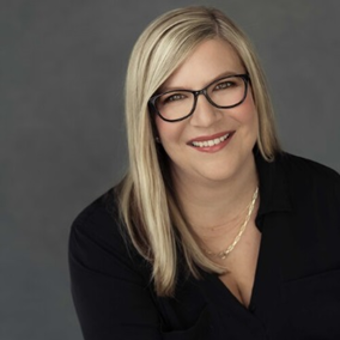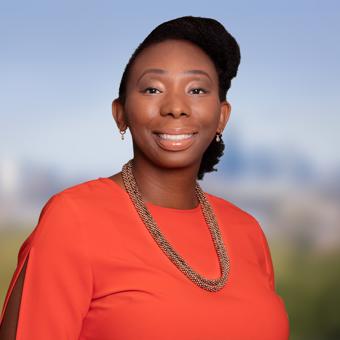Laurence Besemer, CEO of FOIL – on the organisation, its aims and how it adds value to its members
Oddly, if you Google “foil”, top of the list is the Forum of Insurance Lawyers, (F.O.I.L. - obviously).
Quite how we found the Holy Grail and achieved a level of search engine optimisation that others pay thousands for, I’m really not sure. It could be that our 8,000 members, and the thousands of insurance professionals that follow our work, regularly search for FOIL, thus putting us up there.
It could be that our friends at APIL, MASS and the other claimant focused organisations are looking for the view from the defendant camp on a given subject adding to the total number of searches for FOIL.
It could be that the Ministry of Justice, the SRA, the Law Society, CILEX, the ABI, the LMA or any of the dozens of other government, regulatory or trade bodies that we engage with are looking to find our website.
Or it could just be that no-one much searches for ‘foil’ making a small pool for FOIL to rise to the top of - who knows.
I’ve been the CEO of FOIL for five years and have had the privilege of overseeing the transformation of FOIL from a friendly but not very well known group of insurance lawyers to a dynamic, relevant and clear-eyed trade organisation representing the interests of its members. So what do we stand for exactly?
FOIL believes that all individuals and legal bodies have a right to bring legitimate claims (and to defend them), at proportionate cost, and with the assistance of qualified and appropriately experienced lawyers.
Ill-informed commentators often assume that insurers just want to stamp out all claims and avoid paying any money at all. In a highly competitive sector, where the claims service is the product or shop window, that would be a suicidal and short lived business model. In fact, insurers welcome the opportunity to demonstrate that they will fulfil on the promises they make when they sell a policy.
FOIL’s members, who work exclusively for defendant insurers and self-insured organisations (e.g. the NHS), also want to see greater proportionality especially in costs. It is absurd, for example, that currently a law firm bringing a successful noise induced hearing loss claim against an insurer is likely to receive in legal costs nearly four times the damages the claimant receives. When you understand the level of profit costs available under the current system for these claims, the infuriating cold calling / texting that goes on to get you to make a claim becomes more understandable if not acceptable.
FOIL believes in maintaining access to justice for those that need it rather than those who are cajoled into thinking they deserve it. Recent legislation and rule changes have reformed the processes for claiming compensation to make the system more efficient and proportionate but more needs to be done to ensure that all parts of the civil justice process are reformed and a more collaborative approach by the parties is encouraged to achieve earlier settlement.
Our members also work hard to help tackle fraud especially cash for crash scams which are part of a multi-million pound industry with links to organised crime and terrorism. Fraudulent and exaggerated claims corrupt the civil justice system and impact adversely on insurance premiums and public expenditure.
One of the best things I think FOIL has done is to undertake an overhaul of our special interest groups to strengthen our sector focus and engage more effectively with the whole of our membership.
A series of small, member-led sector focus teams (SFTs) have been set up that formulate policy for FOIL in their areas of expertise and are highly regarded as sources of technical knowledge and current affairs in their sector.
FOIL now has 17 SFTs majoring on topics ranging from clinical negligence and catastrophic injuries to ADR /mediation and solicitors regulation.
We have also set up Tomorrow’s FOIL (TF) which represents defendant insurance lawyers with less than five years' post qualification experience and aims to address the issues that specifically affect them. TF aims to engage with counterpart organisations in the insurance and loss adjusting sectors to develop career long relationships as well as understanding the issues that affect professionals in those sectors
Another important part of our work is continuing improvement of professional standards. It is vital that the law firms representing insurance clients continue to attract talented individuals, and provide appropriate training and development to enable them to become fully–rounded insurance lawyers. Our Training and Development Group works closely with regulators and examination bodies to ensure that FOIL offers value in this area to lawyers and paralegals at all stages of their career.
If you would like to find out more about FOIL, the benefits we offer to members and the work we do, please visit our website or contact me at laurence.besemer@foil.org.uk.








